In another week of tremendous advancements in the AI world, we’re on the brink of witnessing some groundbreaking releases and innovations. Let’s dive into the exciting updates.
LLaMA 400B: A Game-Changer in Open-Source AI
The AI community is abuzz with anticipation for the upcoming release of LLaMA 400B, the largest version in the LLaMA series to date. Slated to debut next week, this model boasts 400 billion parameters, positioning it to compete with the most advanced proprietary models on the market. According to reports from Tom’s Guide and The Information, this new model achieves near parity with OpenAI’s GPT-4 on the MLU Benchmark, highlighting its impressive capabilities.
Meta’s strategy of investing heavily in these models and then releasing them for free continues to bolster the open-source AI community. The LLaMA400B model promises to elevate open-source AI to new heights, making sophisticated AI more accessible to everyone. Initially, there were concerns about the openness of its weights, but recent updates suggest that Meta plans to fully open source this model, a decision that will undoubtedly have a significant impact on the AI landscape.
Human-Like Robots: The Future of Robotics
Robotics continues to make strides with companies like Clone showcasing their latest innovations. Clone’s human-like robots exhibit remarkable dexterity and precision, mimicking the complex movements of human hands. These robots can perform intricate tasks such as using a scalpel or a syringe, hinting at a future where robots could autonomously perform surgeries and other delicate operations.
This blend of muscular-skeletal design and advanced AI is both awe-inspiring and somewhat unsettling, as it brings us closer to a world where robots might seamlessly integrate into human activities.
OpenAI’s Sora: A Glimpse into the Future
OpenAI has been teasing the release of Sora, their latest AI model, through a series of intriguing demo videos. These AI-generated visuals showcase incredible fluid dynamics, realistic physics, and high-quality animations that push the boundaries of what AI can achieve in creative fields. While there is no official release date yet, these previews are generating significant excitement and speculation about the potential applications of Sora.
AI Video Games: Personalized Gaming Experiences
The future of video games is also being reshaped by AI. Platforms like Buildbox 4 are pioneering AI-first game engines that allow users to create and modify video games using simple text prompts. This technology enables anyone to generate unique gaming experiences tailored to their preferences, making personalized gaming a reality. As AI continues to evolve, we can expect more innovations that will transform how we interact with digital entertainment.
Mistral’s New Models: Expanding the Horizons of AI
Mistral has been on a roll, releasing several new models this week. Their latest offerings include Maol, a math-focused model with a 32K context window, Cod Strol Mamba, a new architecture designed for efficient code generation, and Mistel Nemo, a state-of-the-art 12 billion parameter model developed in collaboration with Nvidia. These models are not only powerful but also open source, contributing to the growing repository of accessible AI tools.
Ethical Concerns: The Use of Stolen Data in AI Training
A recent controversy has emerged involving leading tech companies like Apple, Nvidia, and Anthropic using data from stolen YouTube videos to train their AI models. Uther AI, the company behind the dataset known as The Pile, allegedly included transcripts from over 100,000 YouTube videos without permission. This has sparked outrage among content creators and raises important ethical questions about data sourcing in AI development.
New Releases and Tools
Anthropic has launched an Android app for their Claude model, enhancing accessibility for users. Andrej Karpathy, a prominent figure in AI, has announced his new venture, Eureka Labs, aimed at revolutionizing AI education with a focus on creating an ideal learning experience using AI tutors.
Groq has also unveiled two new tool-calling models, LLaMA 3 Groq Tool Use 8B and 70B, optimized for function calling and tool use. These models promise to accelerate the development of AI agents with their blazing fast inference speeds.
Innovations in Drone Technology
In the realm of robotics and drones, scientists from the University of Southern Denmark have developed a drone capable of recharging by landing on power lines. This breakthrough addresses one of the biggest challenges in drone technology: battery life. By utilizing an inductive charger, these drones can potentially operate for extended periods, opening up new possibilities for their use in various fields.
OpenAI’s GPT-4 Mini and Jailbreaking Issues
OpenAI has released GPT-4 Mini, a smaller and more affordable version of their flagship model, designed to compete with other efficient models on the market. Despite its smaller size, GPT-4 Mini delivers impressive performance, making advanced AI more accessible to a broader audience.
However, the issue of prompt jailbreaking persists. A new technique exploiting the model’s historical context sensitivity highlights the ongoing challenge of ensuring the security and integrity of AI systems.
Conclusion
The AI landscape is evolving rapidly, with significant advancements in model development, robotics, gaming, and ethical considerations. As we continue to push the boundaries of what AI can achieve, it is crucial to balance innovation with responsible practices to harness the full potential of these technologies.
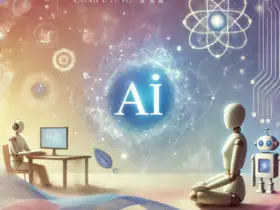

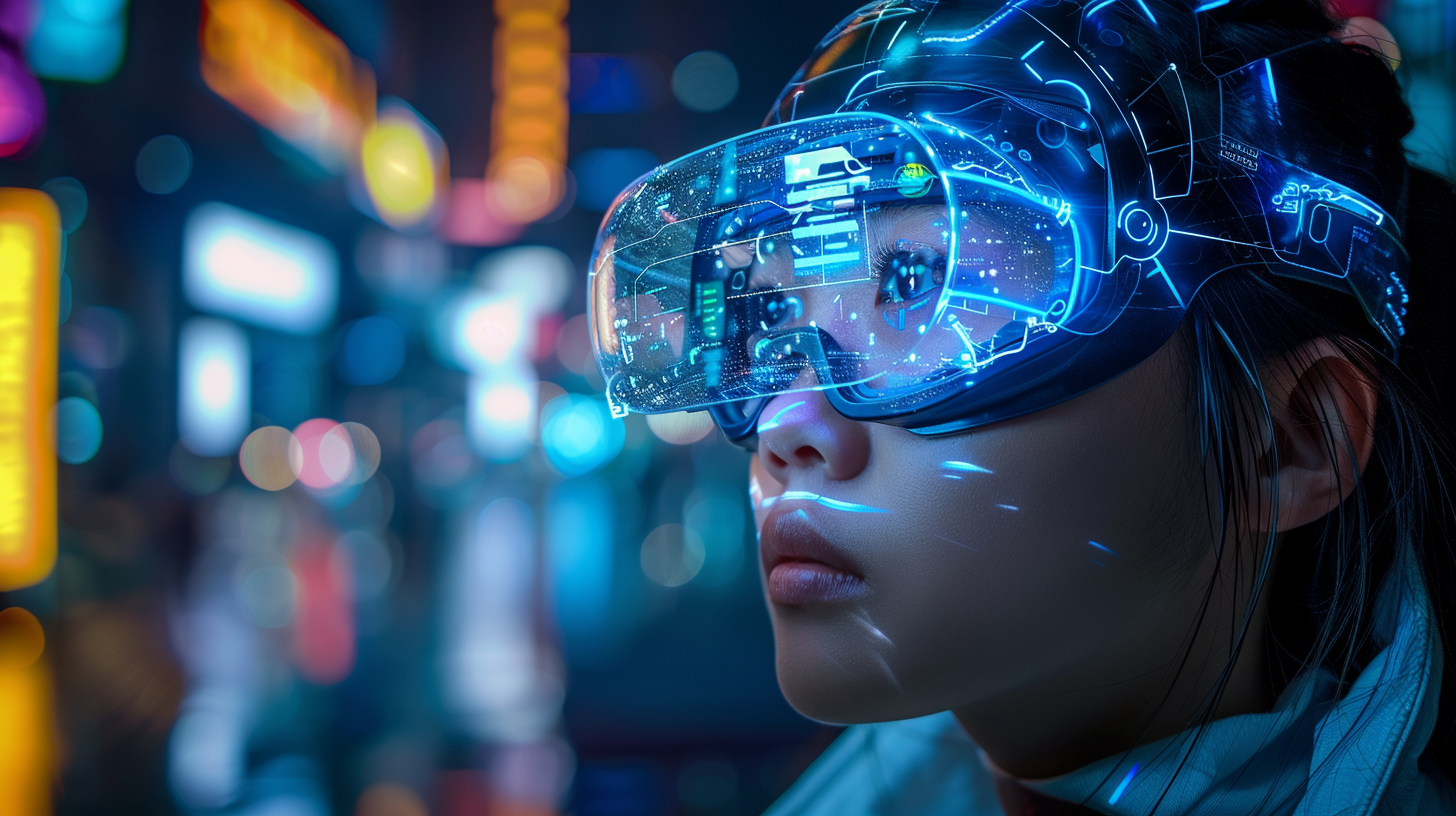

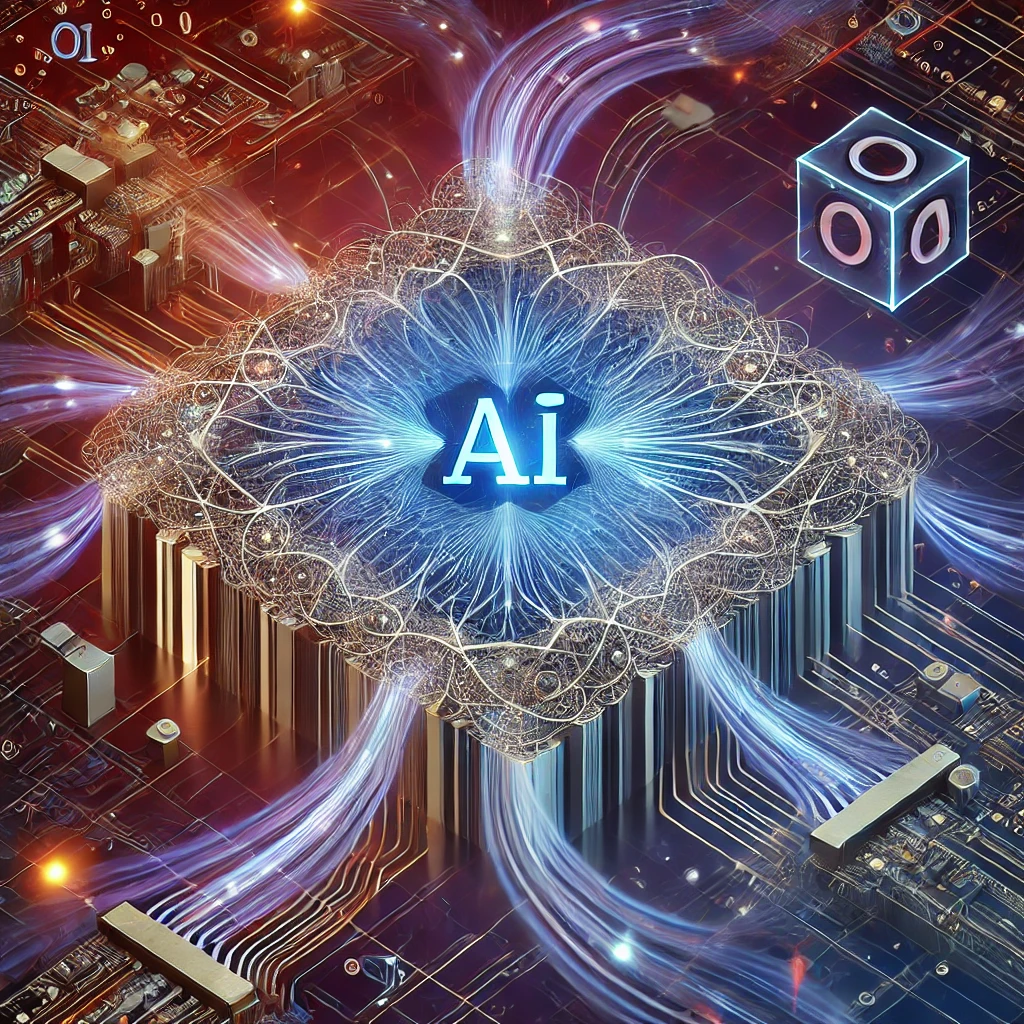

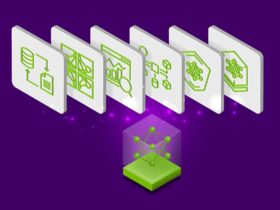
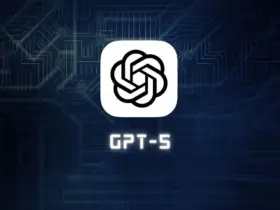

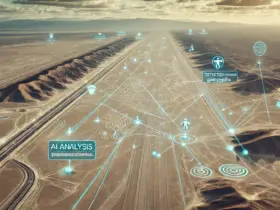

Leave a Reply